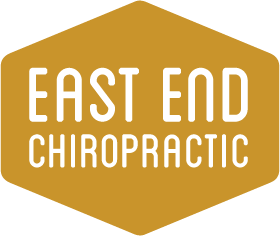
Tags › healthy diet
 Chiropractic Care
Chiropractic Care Contact Us
Contact Us East End Chiropractic Mobile
East End Chiropractic Mobile FAQ
FAQ Home
Home Home - Our Office
Home - Our Office How We Can Help
How We Can Help Map and Directions
Map and Directions Meet Our Team
Meet Our Team Meet the Doctor
Meet the Doctor Our Office
Our Office Privacy Policy
Privacy Policy Review Our Services
Review Our Services Sitemap
Sitemap What to Expect
What to Expect A Simple Explanation of Chiropractic
A Simple Explanation of Chiropractic Back Pain
Back Pain Home
Home Location and Hours
Location and Hours A More Complex Explanation of Chiropractic
A More Complex Explanation of Chiropractic Spinal Reconditioning/Treatment Methods
Spinal Reconditioning/Treatment Methods Paperwork
Paperwork Blog
Blog
Powered by
WPtouch Mobile Suite for WordPress
mobile desktop
